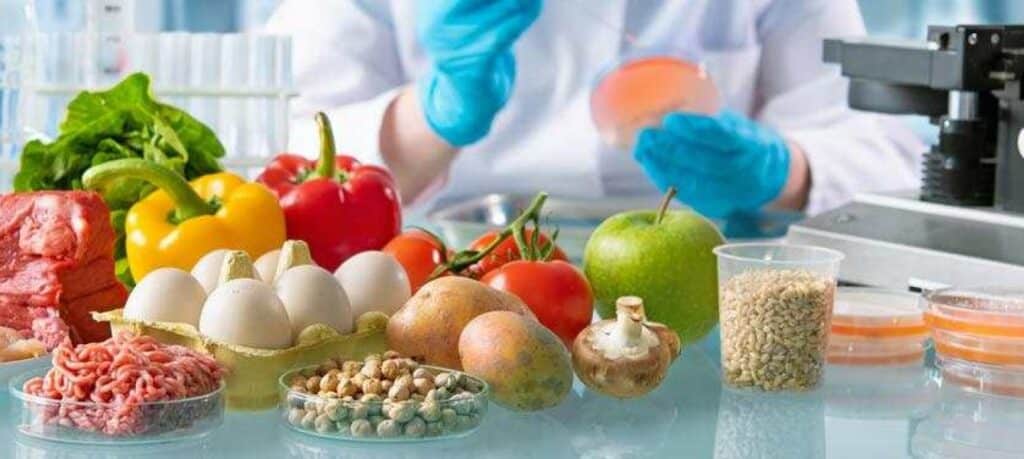Source: Lucia Anelich, Jeffrey M. Farber, Ryk Lues and Valeria R Parreira The Conversation photo credit: Africa Renewal
When the COVID-19 pandemic began, not much was known about SARS-CoV-2 (the coronavirus) and its survival in food, on various materials and on surfaces. Since then, several food safety agencies have assessed the risk of potentially acquiring the virus from contaminated food or food packaging. The consensus is that currently, there’s no evidence it’s a food safety risk.
The main route of infection is from person-to-person via contact with one another, respiratory droplets and aerosols from coughing, sneezing and talking. Therefore, it’s not considered a foodborne virus.
We surveyed the scientific literature to see what it said about the safety of food and SARS-CoV-2. This included the survival of the virus, how it’s transmitted and how it can be inactivated in food and on surfaces.
Overall, the evidence suggests that the virus is not a risk to food safety. But it has caused disruptions to the global food supply chain.
When the COVID-19 pandemic began, not much was known about SARS-CoV-2 (the coronavirus) and its survival in food, on various materials and on surfaces. Since then, several food safety agencies have assessed the risk of potentially acquiring the virus from contaminated food or food packaging. The consensus is that currently, there’s no evidence it’s a food safety risk.
The main route of infection is from person-to-person via contact with one another, respiratory droplets and aerosols from coughing, sneezing and talking. Therefore, it’s not considered a foodborne virus.
We surveyed the scientific literature to see what it said about the safety of food and SARS-CoV-2. This included the survival of the virus, how it’s transmitted and how it can be inactivated in food and on surfaces.
Overall, the evidence suggests that the virus is not a risk to food safety. But it has caused disruptions to the global food supply chain.
One research question was whether the virus is transmitted via the faecal-oral route. The question arose because a study had found viral genetic material in anal swabs and blood taken from patients. This was an important point because one of the symptoms of COVID-19 is diarrhoea. However, there are no reports to date showing faecal-oral transmission of the virus.
Furthermore, several studies have concluded that diarrhoea in COVID-19 patients isn’t likely to occur from ingesting contaminated food. Rather, it’s from the pathway of the virus, from the respiratory system to the digestive tract.
Read more
The South African Pork Producers’ Organisation (SAPPO) coordinates industry interventions and collaboratively manages risks in the value chain to enable the sustainability and profitability of pork producers in South Africa.









